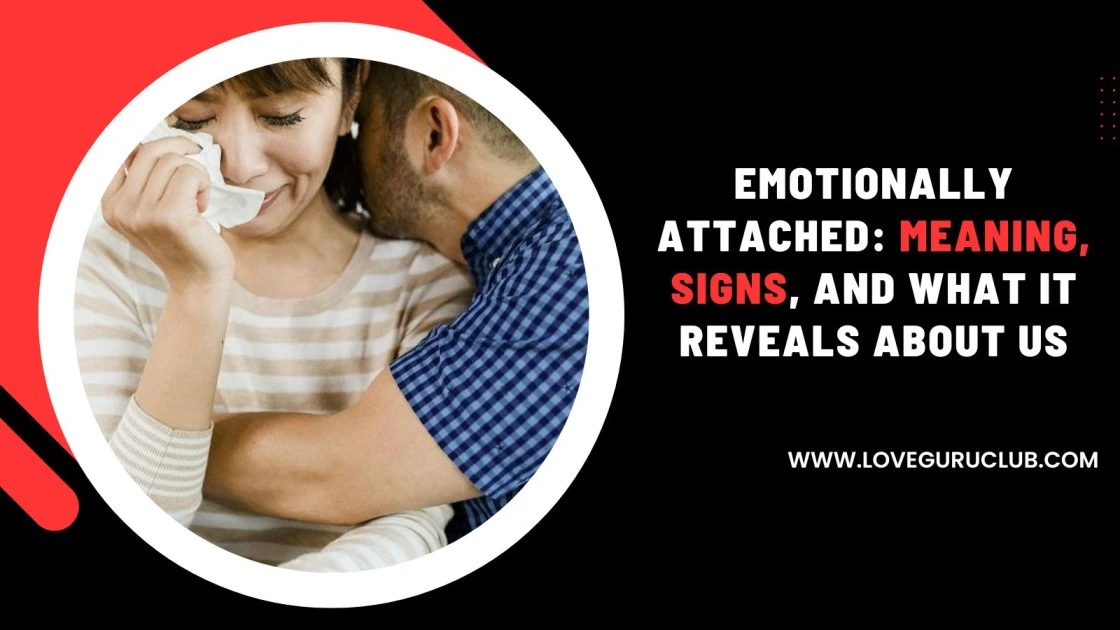Difficult Emotions
Jean-Fran�ois Marcoux and Maxime Rondeau tell us about building leadership and emotional intelligence skills

Change Leaders are EITC alumni, colleagues, and leaders who are living out and championing leadership in their professional lives and promoting emotional intelligence in the world.
Meet Jean-François Marcoux and Maxime Rondeau. They work at the Royal Military College Saint-Jean / CWO Robert-Osside Profession of Arms Institute, Department of National Defence, Canada.
EITC: Which areas of the EQ model are you a champion at?
Maxime: Decision-making as a whole is key to my activities in professional military education for senior non-commissioned members of the Canadian Armed Forces.
Jean-François: I would say I am a champion at Self-Perception and Self-Expression as a core foundation for growth and improvement. The first step to improvement is self-awareness and the EQ-i 2.0 certainly is highly effective at unearthing this. Self-expression is intimately linked to this as once you are self aware, you gain the ability of higher understanding of how you express yourself on a now solid foundation of self-perception. This is a fertile growth area for leaders who rely so heavily on effective communications to motivate, reach and inspire followers. A self-aware leader can better measure his or her self-expression and the impact this may have on others and on their motivation. Effective self-expression can certainly generate higher motivation in followers but also encourage the transition from extrinsic motivation to intrinsic motivation or if you will, belief in the mission or vision of the leader for its own sake. It is hard to pick one or even two composites of EQ as all five are so interlinked and interdependent if one wishes to reach true emotional intelligence effectiveness. The model’s holistic nature is evident but the starting line to growth is self-perception through high proficiency in self-regard, self-actualization and emotional self-awareness. By being proficient in these 3 competencies, a leader can move forward with confidence. I strive to keep questioning myself on these composites to identify growth areas and to run a continuous self-diagnostic on my foundation of emotional intelligence. This has led to advancement in the other composites for myself.
EITC: How has the EQ-i 2.0 certification training impacted your professional life?
Jean-François: The certification training, through taking the EQ-i 2.0 myself, has directly and significantly impacted my professional life in several ways. First, it has provided me with a valuable introspective tool that allowed me to know myself better and even pin point areas of growth as a teacher and as a content designer. As a teacher working in leadership development for the military, this self-awareness was nearly immediately impactful in my teaching approach and also in how I saw development potential for leadership development curriculum. Working within the human domain, the EQ-i 2.0 is a natural and amazing tool to enhance content and to modernize my approach to delivering courses and training. Second, the certification training provided me with a valuable in depth look at what the model is and at what it does; it also showed me the potential of this model in very clear and applicable ways. This is important when working with adult learners and leaders as having such an applicable and relevant tool to offer only enhances the training that can be offered. Finally, the training and the work with the two trainers challenged me professionally and forced me to look at my professional and personal approach with new eyes and a broader outlook. It certainly has changed the way I communicate, the way I listen and the way I see myself and others at work. It has provided a greater awareness of the importance of managing emotions positively and constructively. The link between the sub-scales from my own EQ-i 2.0 has led to improvement in self-perception and in interpersonal relations. This has improved social functioning for me in the work place. This same impact was felt in the training I deliver as I integrated the EQ-i 2.0 elements into many training sessions on topics like leadership, ethics and group dynamics. Finally, the certification re-energized me professionally in many unexpected ways as I was able to identify limitations and self-imposed roadblocks that were present in my professional life. Moving past these through reality checking, sounder impulse control and relying on my optimism allowed me to greatly improve my stress tolerance and problem-solving. As such, this training as opened exciting development avenues professionally and personally.
Maxime: It has provided me with additional tools to discuss the challenges faced by leaders in the military. More than anything, these tools allow to reflect on leadership from a perspective that is unfortunately seldom taken.
EITC: What’s your definition of a leader?
Maxime: Someone who has the attributes that make you want to be part of something bigger. It is also someone who can see the bigger picture and has a vision to simply make things better.
Jean-François: A leader is someone who is not born but rather who is made. This means people can develop into leaders through developmental opportunities such as the EQ-I 2.0. A leader inspires people, listens to followers and creates cohesion and a group sense of purpose. Such a person cares for reaching organisational milestones and goals but also cares about his or her people and about how he or she reaches these goals. This level of leadership awareness means a leader must be adaptable, approachable and relatable to the people he or she leads. To be an effective leader, one must have effective self-expression, a healthy self-perception, strong interpersonal competencies, fair and effective decision making abilities and sound stress management awareness for himself and for others. Leaders must also have the ability of introspection in order to further develop and must remain in continuous learning mode in order to remain relevant. Communication skills are critical for effective leadership, including sound active listening competencies. Furthermore, leaders must serve as examples that inspire followers positively and that ultimately move them from extrinsic to intrinsic motivators. Doing this creates a sentiment of mission in followers that can be powerful. Finally, leaders must also have the ability to develop their followers and to delegate responsibilities in a productive and effective environment.
EITC: How are you living out what it means to be a leader?
Jean-François: I am learning that leaders come in many shapes, forms and roles. My leadership role could be in the creative and progressive approach I have towards continuously improving content and training at my work. This approach means looking for improvements and creative solutions for the betterment of content with a positive and open mindset. It also means questioning the way I do things to seek for improvement and importantly wisdom from other leaders around me. Leadership is also about engaging with peers and students in ways to seek progress and development, in that sense, I see myself as transitioning from a more teacher-centric role into a facilitation and coaching role. This is a natural transition and leadership here means promoting growth tools and positive outcome methods in my workplace and focusing on motivating students and learners that I work with. This transition allows me to really invest myself in the development of leaders and to accompany these leaders on the path to development of competencies. This to me is a key leadership role that is commensurate to my abilities, experiences and competencies.
Maxime: I am involved in different projects and in each of them, I try to encourage people to make their contributions and to have confidence in their ideas.
EITC: Who is your favourite leader and why?
Maxime: I have many. Some are better known than others. I guess an obvious one would someone like Barack Obama. I think he embodies what strikes me as the definition of a leader quite well.
Jean-François: My favourite leader is the former Canadian Armed Forces Chief Warrant Officer, Kevin West. He was my supervisor early in my career but has been a career-long mentor and model. He is the embodiment of an open, adaptable and transparent leader that remains open to new ideas. He is an excellent communicator and listener who is always ready to support new ideas. As such he is an inspiring leader whom I have relied on often during my career. He also displays humility and the open mind necessary for true team work and progress. He is highly competent yet shows confidence in his followers which in turn empowers them to do more. He certainly is an example of a leader that moved people to intrinsic motivation very effectively. He inspired organisational change and culture change in the institution and he certainly is someone that I wish to learn from and whose best practices I seek to emulate.
EITC: What’s your superpower or secret skill?
Jean-François: If I have to choose one superpower it would be a near limitless supply of energy fueled by an enthusiasm battery that is at the core of what I do. I am passionate about teaching and coaching and this provides high enthusiasm for me and a level of energy that makes work not feel like work at all but rather like fun. This in turn means I seem to run on boundless energy and that I seek to transmit my enthusiasm and passion to others in my work.
Maxime: I don’t know that I have a secret skill, but my superpower is definitely being able to look beyond the little stuff that we sweat on a daily basis. I wasn’t always able to do this, but once I became capable of doing it, it unlocked many opportunities to explore in my professional activities.





